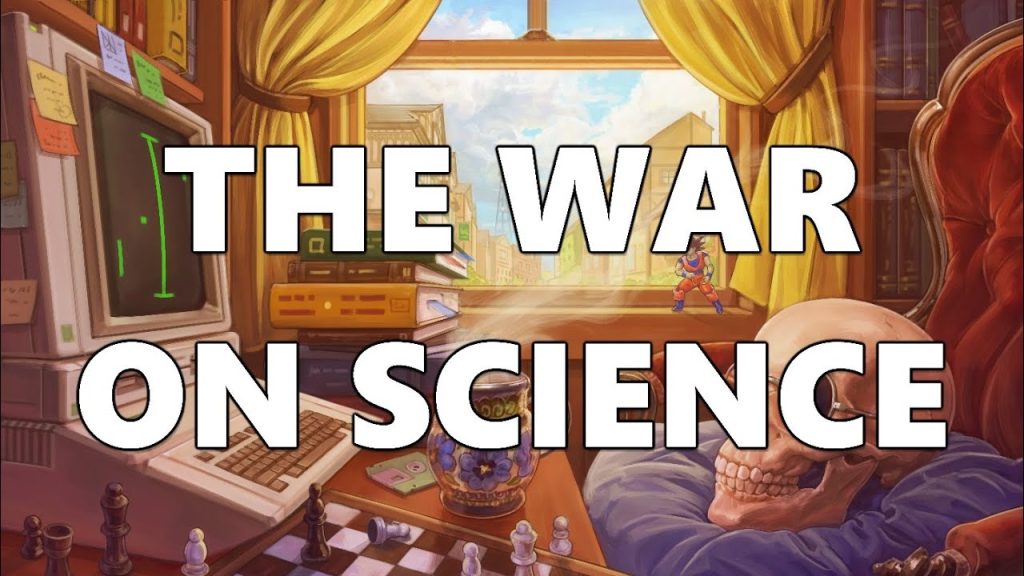The title “The War on Science” evokes a powerful and urgent discourse about the current clash between scientific inquiry and political interests. In contemporary political landscapes, science often finds itself entangled in ideological conflicts that shape public policy, education, and societal trust. This ongoing “war” is characterized by disputes over the validity of scientific consensus on issues such as climate change, public health, environmental regulations, and technological innovation.
Over the past decade, political polarization has intensified debates surrounding scientific findings, particularly on topics that carry significant economic or cultural weight. Climate change, for instance, is a frontline battleground where scientists warn about global warming and ecological collapse while some political factions question or deny those conclusions, influencing legislation and international agreements.
Similarly, during public health crises such as the COVID-19 pandemic, the dissemination of scientific research and recommendations often collided with political rhetoric, misinformation, and public skepticism. This dynamic not only impacts the effectiveness of health measures but also undermines broader public confidence in scientific institutions.
Underlying these conflicts are deeper tensions about education, media representation, and the role of expertise in democracy. The challenge lies in balancing scientific rigor with democratic values, addressing misinformation without infringing on free expression, and ensuring that policy decisions are informed by evidence rather than ideology.
Understanding “The War on Science” involves examining how governments, interest groups, and media outlets contribute to shaping public perception of science. It also requires recognizing the importance of scientific literacy and communication in fostering an informed electorate capable of engaging with complex issues.
This discourse underscores the urgent need to reaffirm the value of science in public policy and societal progress, while addressing legitimate concerns about transparency, accountability, and inclusivity in scientific research.
Where to Learn More
- Nature – Science and Society Collection – In-depth articles on the interaction between science and policy.
- BBC News – Science and Environment – Reliable coverage on current scientific issues influencing politics and society.
- National Geographic – Science Denial in Politics – Insightful exploration of science denial and its political implications.
- Pew Research Center – Science & Society – Data-driven research on public attitudes towards science and scientific issues.
- Science Magazine – When Politics Invades Scientific Research – Analysis of the impact of political interference on scientific integrity.




